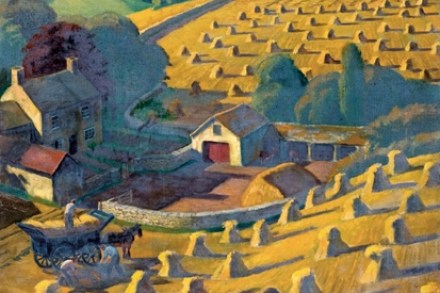Sabina Spielrein: from psychiatric patient to psychoanalyst
Sabina Spielrein was a psychiatrist and psychoanalyst with groundbreaking ideas about the role of the reproductive drive in human psychology and the link between Darwinism and psychoanalytic theory. She was a pioneer of play therapy for children, and the first hospitalised psychiatric patient to progress to practising psycho-analysis. She worked with, among others, Freud, Jung and Piaget; she was regarded as Freud’s standard-bearer. Yet she is remembered, if at all, as Jung’s mistress, a hysteric with a taste for spanking; David Cronenburg’s film A Dangerous Method, with Keira Knightley as Spielrein, has provided the only readily available version of her. John Launer’s aim is ‘to promote her recognition as one




















